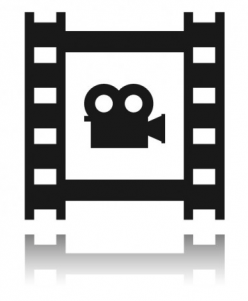This workshop came as a saviour to me. I had done my focus group a couple of weeks before the workshop and I was lost with the amount of data, not really knowing what to do with it. I could sense some themes coming out of all these points of views but it was just a gut feeling rather than something I could demonstrate.
Understanding the analytical filtering of primary and secondary data started to lift the blurring fog on my data. Semiotic analysis was interesting to study but ultimately didn’t really apply to my research.
The data poetry was a total revelation and a very useful one too! Doing the exercise on Jordan transcript during the workshop made me realise that this was the best way to analyse and extract meaningful point of views. Saying that, I was surprised that the data poem that each group ended with was somewhat different, extracting different meaning from the transcript. What was important was to stay true and rigorous to the meaning and the intention of the data to create an honest and relevant explanatory narrative.
Working in groups on the thematic coding had the effect of a bright new light on my data!
I could finally see a way of making sense of the data by classifying them in different research themes. This is when I realised that my research question had 3 main themes in order to extract improvements: the content of the lecture, the pedagogies and the learning outcomes. It became obvious that I needed to classify the data following these themes.
I was delighted at the end of the workshop and couldn’t wait to put my new knowledge into practice. It also allowed me to have a good understanding of what I was doing for the first time!
